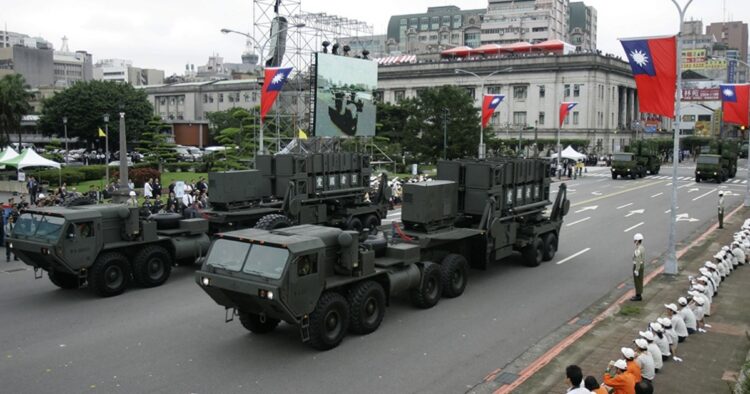China has expressed strong opposition to the United States’ decision to sell arms to Taiwan and has urged Washington to withdraw the sale immediately. The Chinese defense ministry made this stance clear on Friday, stating that it had lodged a formal complaint with the United States.
The ministry emphasized that China’s military will continue to enhance its training and exercises to defend the nation’s sovereignty and territorial integrity.
The US State Department recently approved the sale of spare and repair parts for F-16 fighter jets to Taiwan, totaling an estimated $80 million. This decision, announced by the Pentagon’s Defense Security Cooperation Agency on Wednesday, has stirred tensions between the US and China. Despite China’s objections, the sale is set to proceed, with the finalization expected in July.
As per the Pentagon, the purpose of the arms sale is to enhance Taiwan’s security, maintain political stability in the region, and support economic progress. The sale of these fighter jet parts is seen as a crucial measure to bolster Taiwan’s defense capabilities, particularly its air force, amid growing geopolitical tensions.
Taiwan has welcomed the arms sale, emphasizing its significance in meeting the combat and defense needs of its air force. The Taiwanese government views the sale as a vital step in ensuring its ability to protect itself and maintain stability in the face of increasing military threats from China.
ALSO READ: “Taiwan Grateful: US Announcement of F-16 Parts Sales Sparks Appreciation”
The sale of arms to Taiwan has long been a contentious issue in US-China relations, with Beijing consistently opposing such transactions. China considers Taiwan a part of its territory and has repeatedly warned against any attempts to support the island militarily, viewing such actions as a violation of its sovereignty.
As tensions continue to simmer between the US and China over various issues, including Taiwan, the arms sale is likely to further strain relations between the two global powers. The situation remains fluid, with both sides closely monitoring developments and preparing for potential escalations in the region.

















Comments